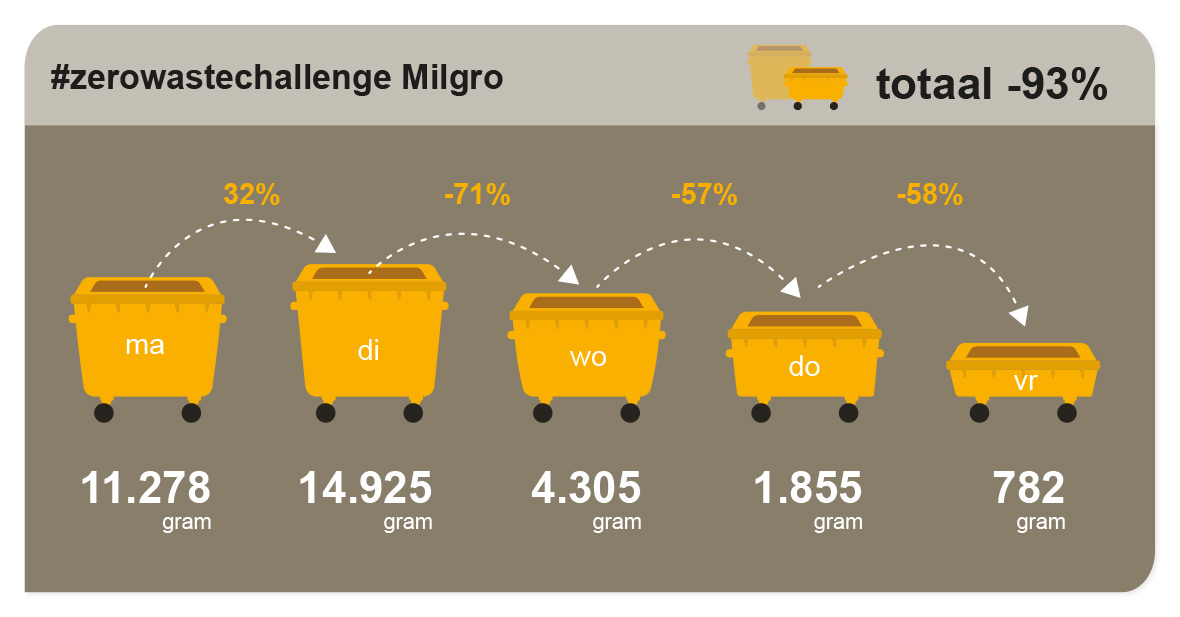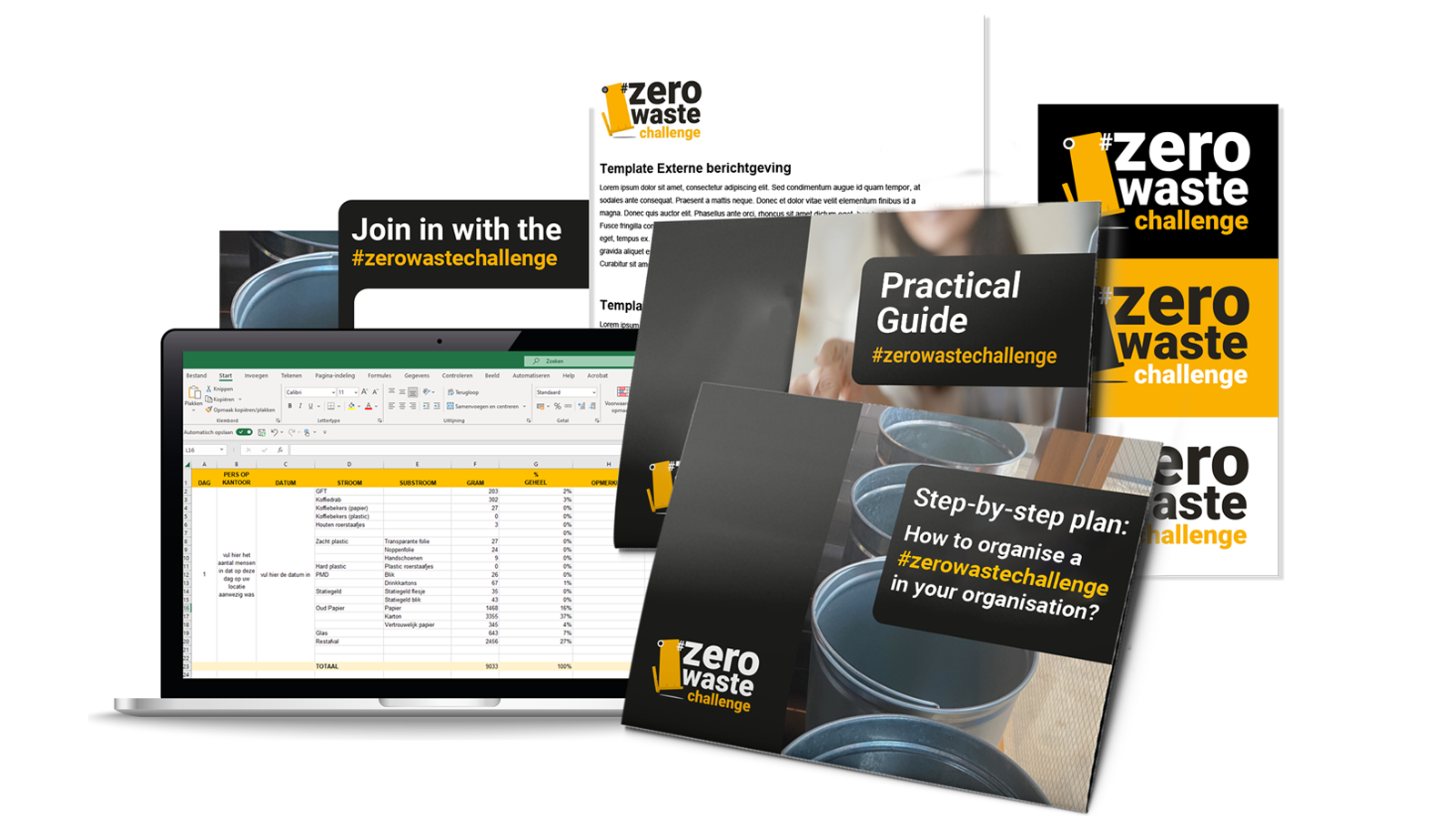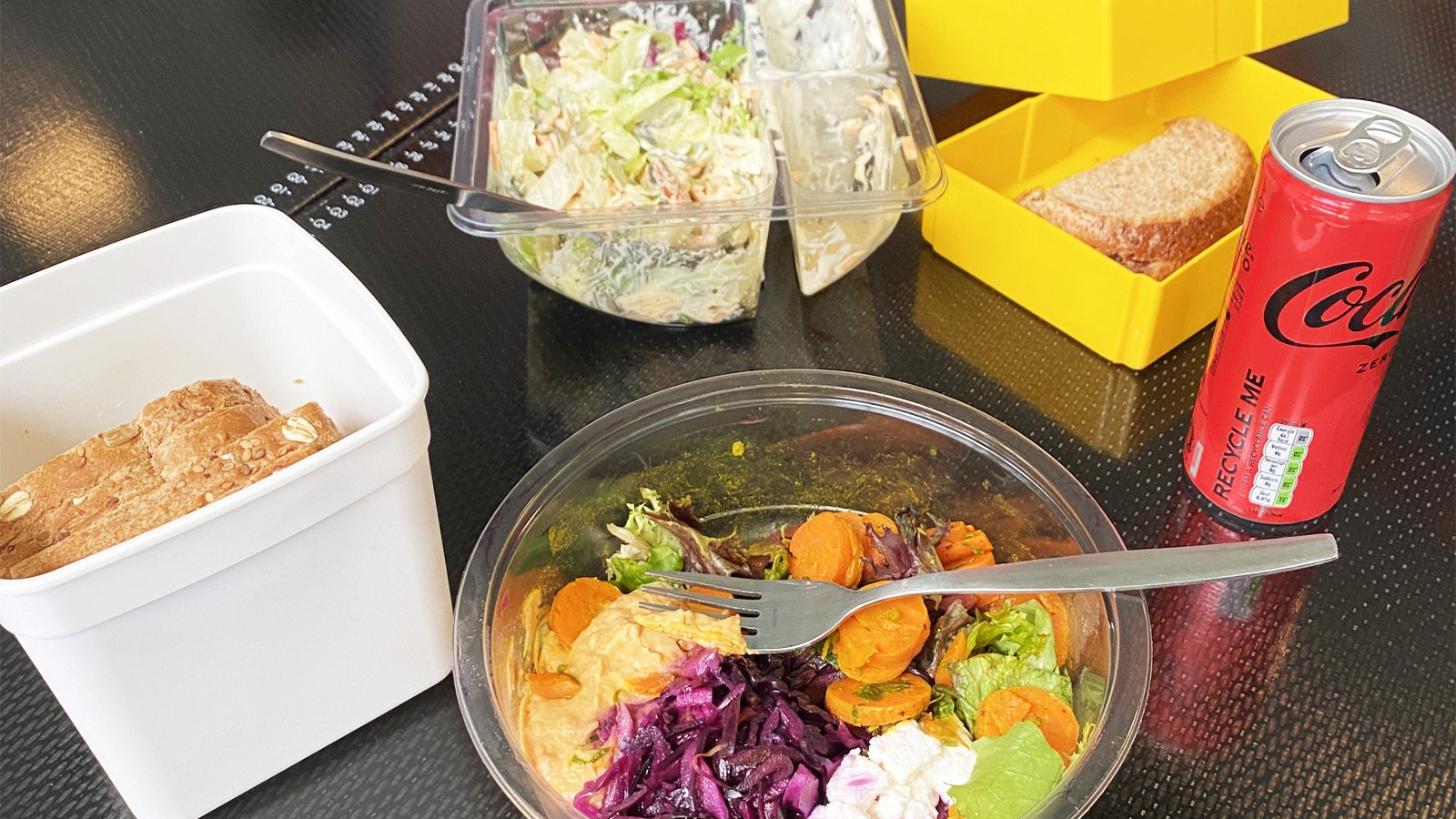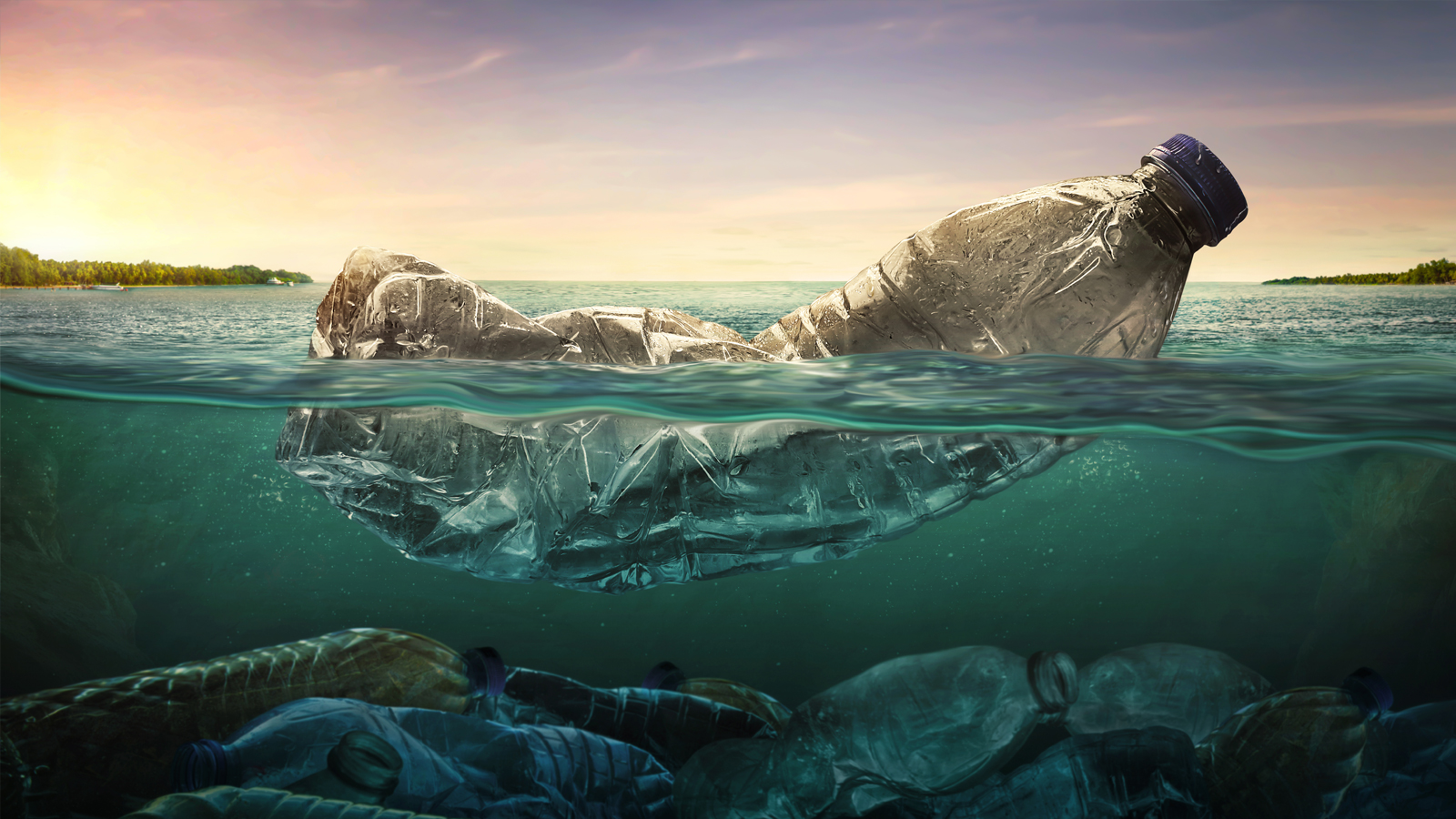Researchers from Utrecht University recently showed that much less plastic waste ends up in the seas and oceans than previously thought. Hopeful news, but still, the fight against plastic soup is far from over. In this blog, we tell you why plastic soup is still a hot topic and how we can contribute together to solving this global problem.
Why is the plastic soup such a big problem?
The plastic soup is also known as the Great Pacific Garbage Patch. It is a huge collection of plastic waste that accumulates in the oceans due to sea currents. And it poses a major problem.
Fish, turtles and birds get caught in the plastic. The animals eat the waste and then may die from the toxins. The harmful substances from the plastic soup enter our own food chain via fish. Thus, the plastic soup has major negative effects on the environment and our own health.
Definition of "plastic soup" misleading?
For many, the term "plastic soup" conjures up images of vast floating garbage dumps in the distant oceans. However, its definition is misleadingly broad. All plastic within 50 kilometers of the coast also falls under this heading. So for the Netherlands, this means that not only the North Sea coast but also, for example, a large part of the Rijnmond region and Amsterdam are included.
This creates a gray area in the perception of "plastic soup. Products that proudly claim to be made from 'plastic soup' may put us on the wrong track. Is this plastic from the deep ocean or is it just land waste that, coincidentally 50 kilimeters from shore, has been collected for recycling? The distinction is often confusing, and raises questions about the integrity of such claims.
Reduce plastic soup
Although research by Utrecht University shows that the problem of plastic soup is less serious than was thought, it is not yet a reason to rejoice. The study examined only a small area of the Pacific Ocean. Although less plastic floats here than was thought, it is quite possible that much more plastic is still floating in other parts of the oceans.
Furthermore, oceanologist Mikael Kaandorp of Utrecht University expects a lot of waste to remain in rivers. Therefore, governments, citizens and businesses will have to work together to reduce the amount of plastic in rivers and oceans.
What can you as an individual do about the plastic soup?
SDG 14, or Sustainable Development Goal 14, focuses on the conservation and sustainable use of oceans, seas and marine resources. One of the pressing challenges this goal addresses is the "plastic soup. SDG 15 represents the call for all of us to take action to ensure a better future for our oceans.
As an individual, you may not have a direct impact on the plastic soup. Yet you can influence corporate decision-making and choices with your choices. And thus indirectly contribute to reducing the plastic soup. Consider:
- Use less plastic packaging
- Bring your own bag for groceries
- Drink water from a reusable bottle
- Collect plastic waste for recycling
- Clean up plastic trash you see on the street
Your business and the plastic soup
In addition to individual consumers, governments and businesses have an even more important role to play in the fight against plastic waste. For example, by using less plastic, recycling plastic and disposing of waste properly. By using sustainable packaging materials and supporting circular economy initiatives, companies can reduce their impact on the environment and contribute to solving the plastic soup problem.
Read also

Results #ZeroWasteChallenge at Milgro
Milgro's mission: waste-free by 2040
Milgro has the following ambition: a waste-free world in 2040. This means that we too will start working with valuable raw materials ourselves. Together with the companies for and with whom we work, we take steps to ensure that plastic does not become waste. By working on the circular economy, we are giving plastic and other raw materials a new life.

As a company, would you also like to contribute?
Milgro offers companies a starter kit to organize a zero waste challenge. This will get you started immediately with your company's ambitions. Want to know more? Then download the free starter kit here.
Stay informed
Stay up to date on all new developments? Follow us on LinkedIn or Instagram. Or subscribe to the newsletter. Are you curious about what Milgro can do for your operations and waste process? Contact us












